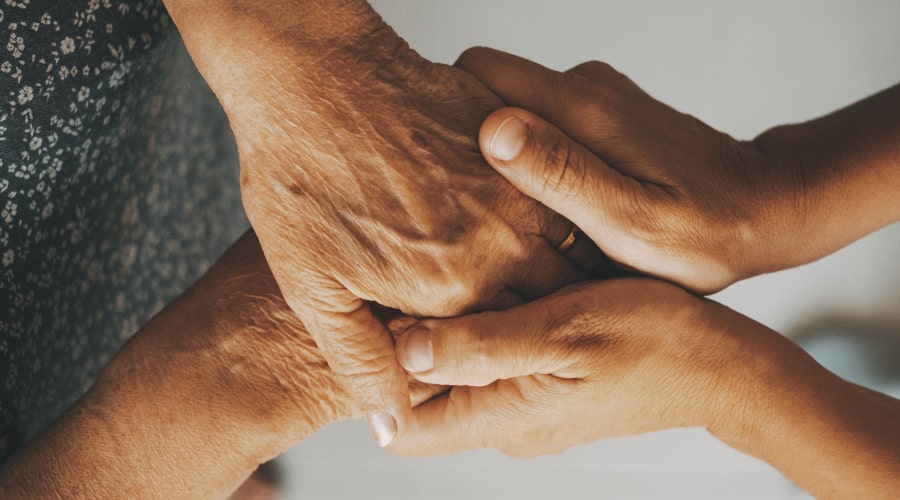
Deciding to become a donor is a personal decision that can have a profound impact. Organ, tissue, and whole body donations each offer unique ways to contribute to medical advancements, save lives, and improve the quality of life for others.
However, each type of donation comes with considerations.
Understanding Organ and Tissue Donors and Whole Body Donors
While you can be an organ tissue donor and a whole body donor, there are differences you should know about.
Organ Donation
Organ donation involves donating vital organs such as the heart, liver, kidneys, lungs, pancreas, and intestines to individuals in need of a transplant. These donations can be made by living donors (for organs like kidneys or a portion of the liver) or by deceased donors with prior consent.
Organ transplants save lives by replacing failing organs with healthy ones, offering recipients a chance at extended life and improved health. However, organ donation is often time-sensitive and requires compatibility testing to ensure a successful match.
Tissue Donation
Tissue donation involves donating non-organ tissues such as corneas, skin, bones, heart valves, and tendons. Unlike organ donation, tissue donations can be made up to 24–48 hours after death, giving a slightly larger window for recovery.
Tissues are used to improve the quality of life for recipients, such as restoring vision through corneal transplants or helping burn victims with skin grafts.
Whole Body Donation
Whole body donation is the donation of an entire body to medical science and research. This type of donation contributes to medical education, training, and research, helping to advance scientific knowledge and improve future medical treatments.
Pros and Cons of Organ and Tissue Donation and Whole Body Donation
To help you weigh the benefits and considerations, here is a breakdown of the pros and cons of organ and tissue donation and whole body donation.
| TYPE | PROS | CONS |
| ORGAN DONATION | Saves lives by providing vital organs to those in critical need Offers living donors the chance to help someone in need while still alive Provides comfort to donor families knowing their loved one helped save lives | Requires specific medical criteria and compatibility testing May involve surgical procedures that carry risks for living donors Limited time frame for recovery after death |
| TISSUE DONATION | Enhances quality of life, e.g., restoring sight or mobility Longer recovery window (24–48 hours) compared to organ donation Can benefit multiple recipients from a single donor | Certain medical conditions may disqualify tissue donation Some religious or cultural beliefs may conflict with tissue recovery Doesn’t provide life-saving organs, but improves the quality of life |
| WHOLE BODY DONATION | Advances medical research and education No cost for cremation in most cases Leaves a lasting legacy by contributing to scientific progress | Some programs have restrictions based on medical history Not all families are comfortable with the concept |
Making the Right Decision for You
Choosing to become a donor, whether for organs, tissues, or the whole body,is a generous act that can affect many lives. It’s essential to consider your values, beliefs, and the impact on your loved ones when making this decision.
Communication is Key
Regardless of your choice, you need to communicate your wishes to your family. In many cases, family consent is required for donation, even if you’ve registered as a donor. Having open and honest conversations can ease the decision-making process for your loved ones during a difficult time.
Registering as a Donor
If you decide to become an organ tissue donor, you can register through your state’s donor registry or when renewing your driver’s license. You can pledge yourself or help a loved one register to become a whole body donor by filling out a brief form with medical history on the United Tissue Network website.
Additionally, carrying a donor card or specifying your wishes in your advance healthcare directive can provide further clarity.
Religious and Cultural Considerations
Some religious or cultural beliefs may influence decisions about donation. It’s important to consult with your spiritual advisor or community leaders if you have concerns or questions about how donation aligns with your faith.
Creating a Powerful Legacy
Organ, tissue, and whole body donations each offer unique ways to contribute to society and help others. In case you are wondering, you can be an organ donor and a whole body donor. While medical professionals will prioritize life-saving transplants, you can also donate your body to medical research as well.
Choosing to donate leaves a powerful legacy. You can transform lives, advance medical science, and bring hope to future generations. Consider registering today.
If you would like more information about whole body donation in Rhode Island, call one of United Tissue Network’s compassionate Donor Coordinators at (877) 783-6111. They are available to answer your questions 24/7.
